The content of the article
On the shelves of modern stores, you can easily find any lactic acid product. But, perhaps, in this category of products the most popular is cottage cheese. From it you can cook a lot of delicious and very healthy dishes. Therefore, cottage cheese is present in the menu of almost every modern family.
Unique qualities
Cottage cheese has outstanding nutritional properties, as it has a high content of calcium and protein. It can be eaten in pure form, because a small portion of the product can replace a full breakfast. This dietary product is perfectly absorbed by the body, positively affecting the digestive functions of the body.
Due to this ability, cottage cheese occupies a significant place in the diet of the elderly, as well as future moms.Small children love cottage cheese. For this category of population, this lactic acid product has long been a nutritious delicacy. With special pleasure, children eat it when the milky-white mass is flavored with yogurt, sweet syrup and other tasty additives. But along with the benefits of cheese products can become hazardous to health. If the product is stored incorrectly, pathogenic flora begins to actively grow on it.
Therefore, the issue of storage worries many fans of this valuable product. Consumers are particularly interested in the possibility of freezing curd mass and the rules of this process.
What happens to the product during freezing?
In modern industry, the method of shock freezing is used when the product is exposed to extremely low temperatures (-35). Under such conditions, the curd freezes instantly. But in a household freezer such temperatures are not provided, their threshold is 10 degrees with a minus. Therefore, with such freezing, the taste qualities of cottage cheese deteriorate.
Frozen cottage cheese: harm and benefits
In order to objectively evaluate the pros and cons of the product, you must have an idea of how to obtain it. Cottage cheese is whey separated from the milk base. Therefore, it is such a high concentration of nutrients. Lactic acid bacteria that are present in the curd mass, break down proteins into amino acids:
- methionine is a substance that prevents atherosclerosis;
- lysine - contributes to the normal functioning of the liver;
- choline - necessary for the full activity of the nervous system.
All these components turn the curd into a necessary baby food product. It is no less useful for people suffering from heart disease, joint problems, digestive disorders.For example, athletes necessarily include a curd in their diet to build muscle. For fractures, doctors recommend that patients eat more cottage cheese to stimulate the growth of bone tissue. However, the fat content of the product is low, which allows not to fear for the figure.
But if you violate the rules of storage of this useful product may be the culprit of food poisoning. That is why it is important to observe the temperature regime and monitor the shelf life. Usually these parameters are indicated by the manufacturer on the label.
Proper freezing
If you freeze the product correctly, you can use it at any time to make exquisite culinary masterpieces. And since the frozen cottage cheese can be stored for up to two months - this is a very valuable help for any hostess. So, if you want to have fresh cottage cheese on hand, you need to follow these rules:
- It is recommended to use homemade fresh cottage cheese for freezing. The store product is least suitable for this purpose.
- Cottage cheese should be stored in a ceramic container with an airtight lid. Then it will be tastier and will not lose moisture.
- It is not recommended to completely fill the dishes with curd mass, as under the influence of low temperatures its volume increases. It is necessary to leave a space of about 2 cm.
- Do not use plastic bags to store the curd in the freezer. The product will deteriorate in such conditions.
- For long-term storage of dairy products it is recommended to use the quick freeze function. In this way it is better to freeze fresh cottage cheese. He freeze completely already after 4-6 hours.
- The optimum temperature for further storage is no more than -18 degrees.
Defrosting, and then freeze the cottage cheese again. To avoid this, it is necessary to divide the whole mass into several parts, and then use them as needed.
Helpful advice! A great option - freezing semi-finished products. This solution will allow you to quickly cook dinner or treat unexpected guests.
Thawing process
Regular consumption of high-quality cottage cheese will have a beneficial effect on health and will help improve skin condition. From this valuable product you can make a lot of delicious, very healthy dishes that will always decorate the table on a typical day and on family days.
Video: how to cook cottage cheese at home

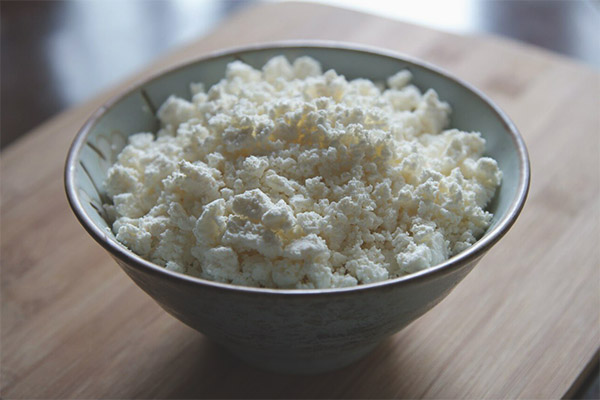

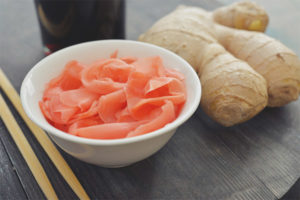

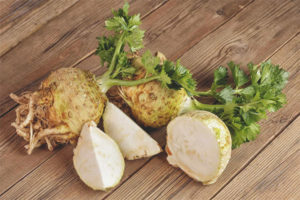
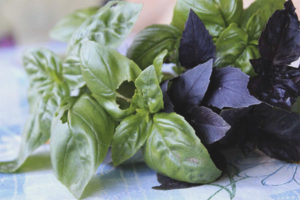
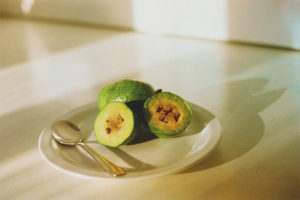

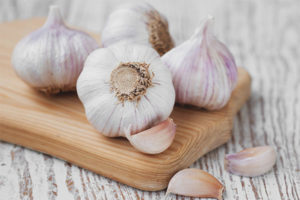
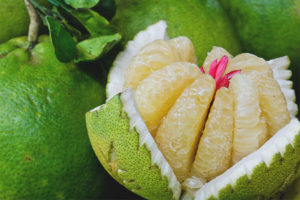
To send